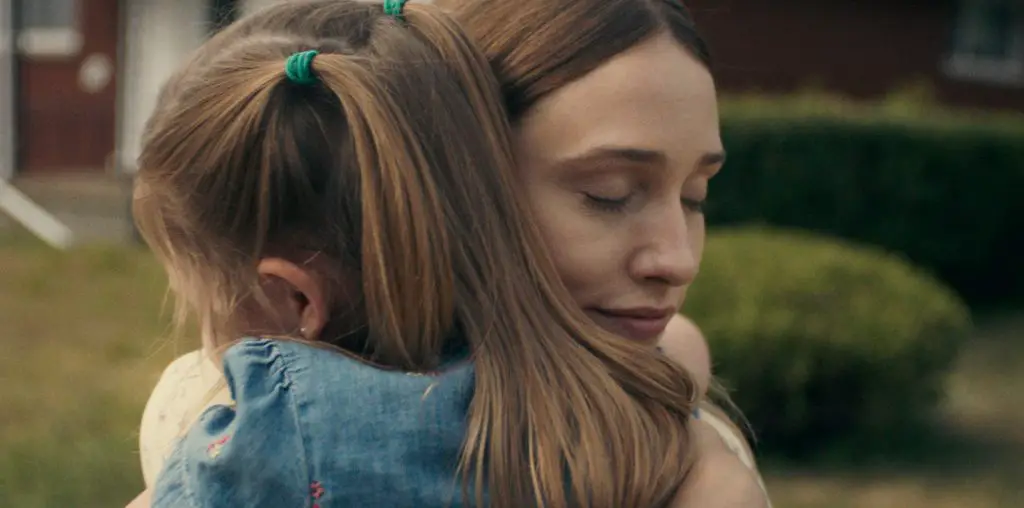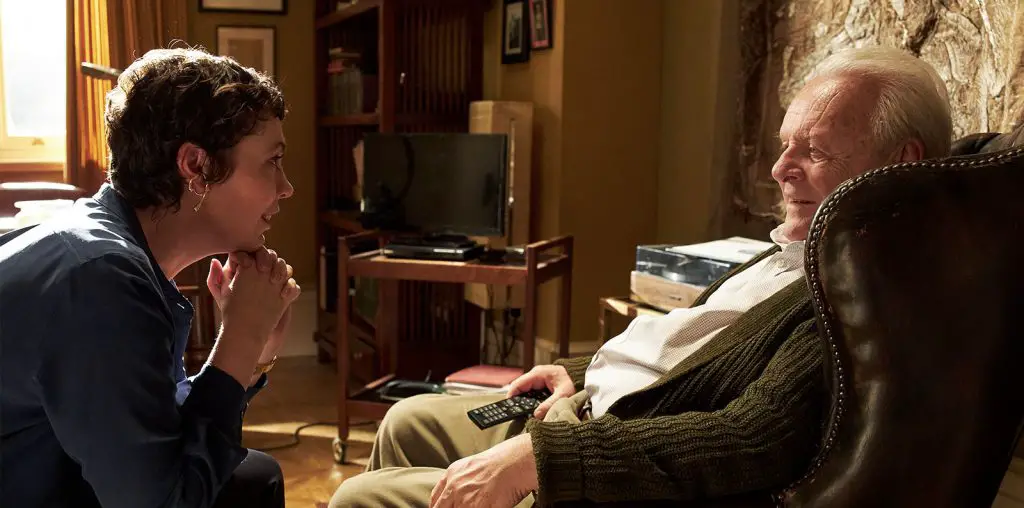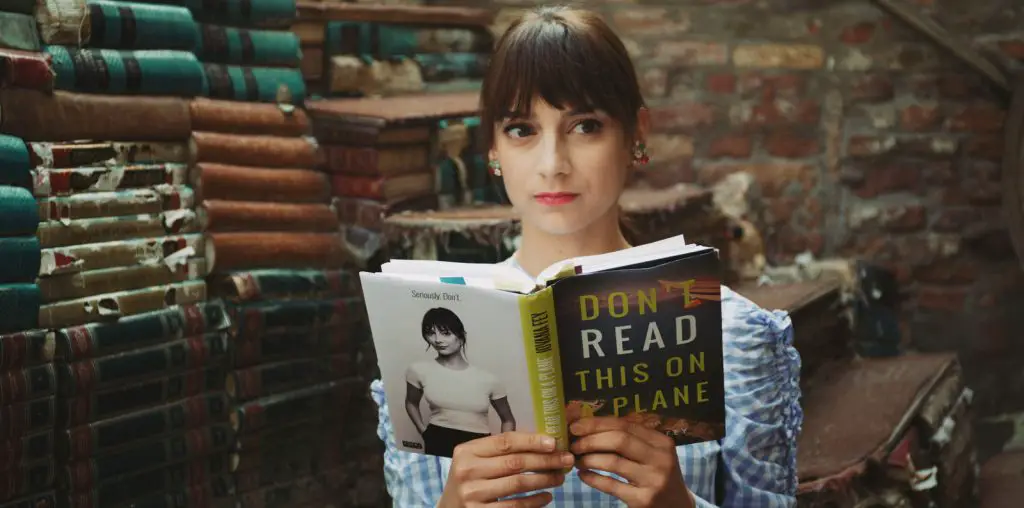
In Persona Non Grata, Irina (Rosalinde Mynster), a cosmopolitan author, revisits her hometown in rural Denmark for her brother’s wedding, only to find out Jannik (Adam Ild Rohweder) is marrying Catrine (Anne Sofie Wanstrup), her childhood bully. Worse, her family criticizes and neglects her short hair and exotic lifestyle at every turn while welcoming Catrine seemingly as the daughter they wish they’d had. This prompts a series of events that are by turns hilarious, heartbreaking, and heartwarming, as the two struggled for the family’s approval.
Tales of conflict between country and city relatives go back to the dawn of urbanization — the Aesop fable Town Mouse and Country Mouse alone is more than 800 years old. But in our ever-polarizing world, where politics has weaponized such divisions, the subject matter is as timely as ever. This is undoubtedly true in the U.S., but as the film shows, the topic is universal.
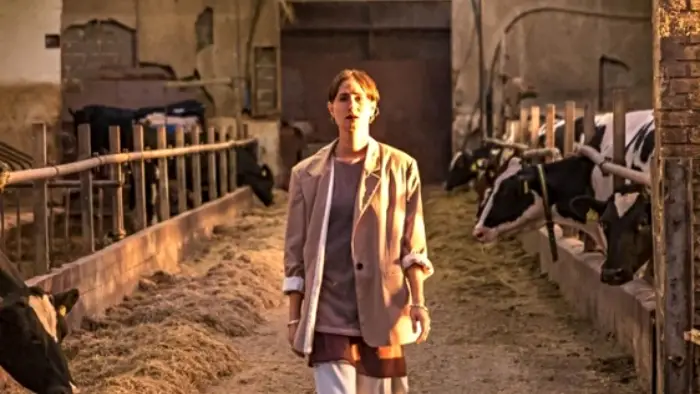
“… a cosmopolitan author revisits her hometown in rural Denmark for her brother’s wedding…”
As the trope normally goes these days, the city person revisits the countryside, and after being initially disdainful of their backward ways, eventually learns some valuable lessons about their roots, love, and the value of long-lost friends. Persona Non Grata conforms a bit to the standard narrative, but what sets it apart is that it is more profound, more nuanced, and funnier than most takes on the subject. None of the characters are particularly saintly, and in fact, have serious flaws.
The mom was blind to her daughter’s bullying, the father is distant, the brother is insensitive, and the bride is not as far removed from her childhood flaws as she would have people believe. Similarly, Irina, or Laura as was her original name, has her own set of problems to work on — she’s badmouthed her family and friends in her memoir and interviews, lost touch with her upbringing, is self-centered, and in an unhealthy relationship. Tensions build up until they boil over spectacularly at the wedding.
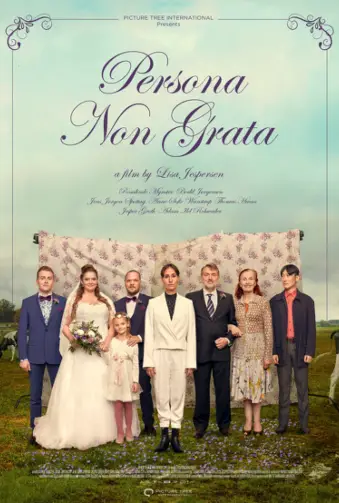
"…an entertaining reflection on how stubbornly and unavoidably different and simultaneously similar we all are."
